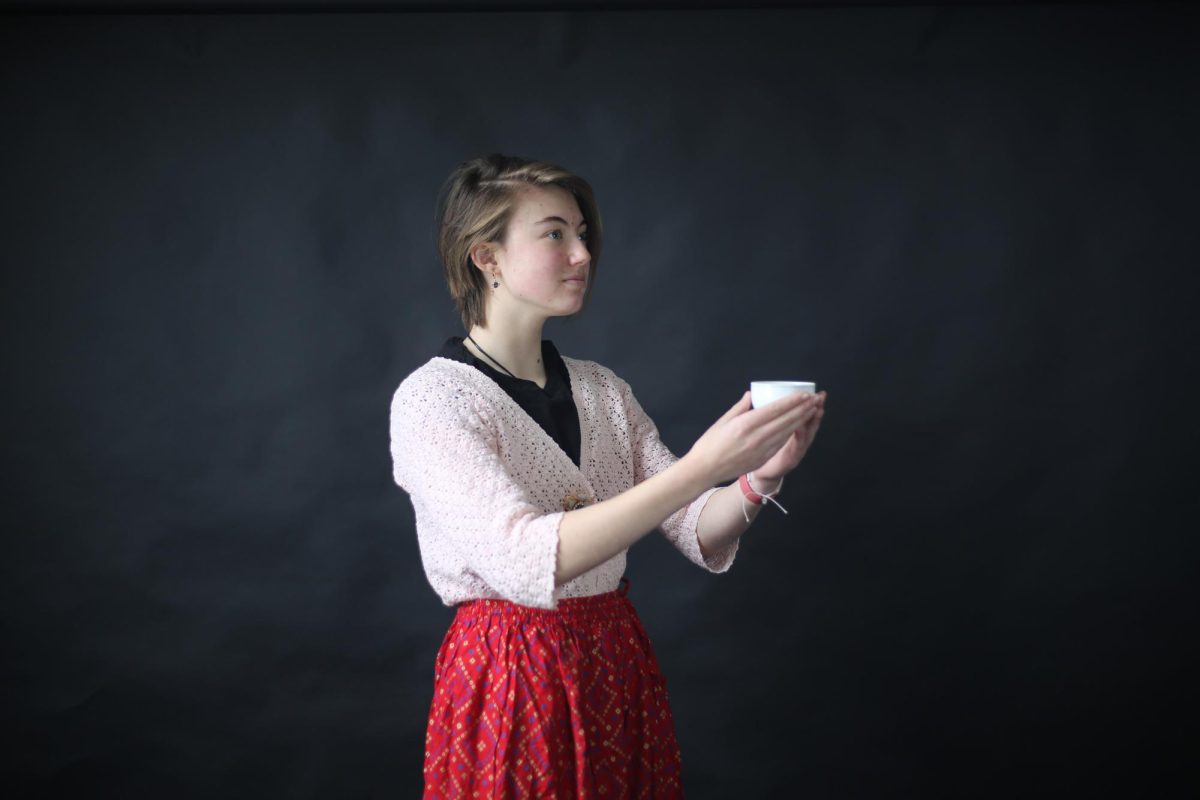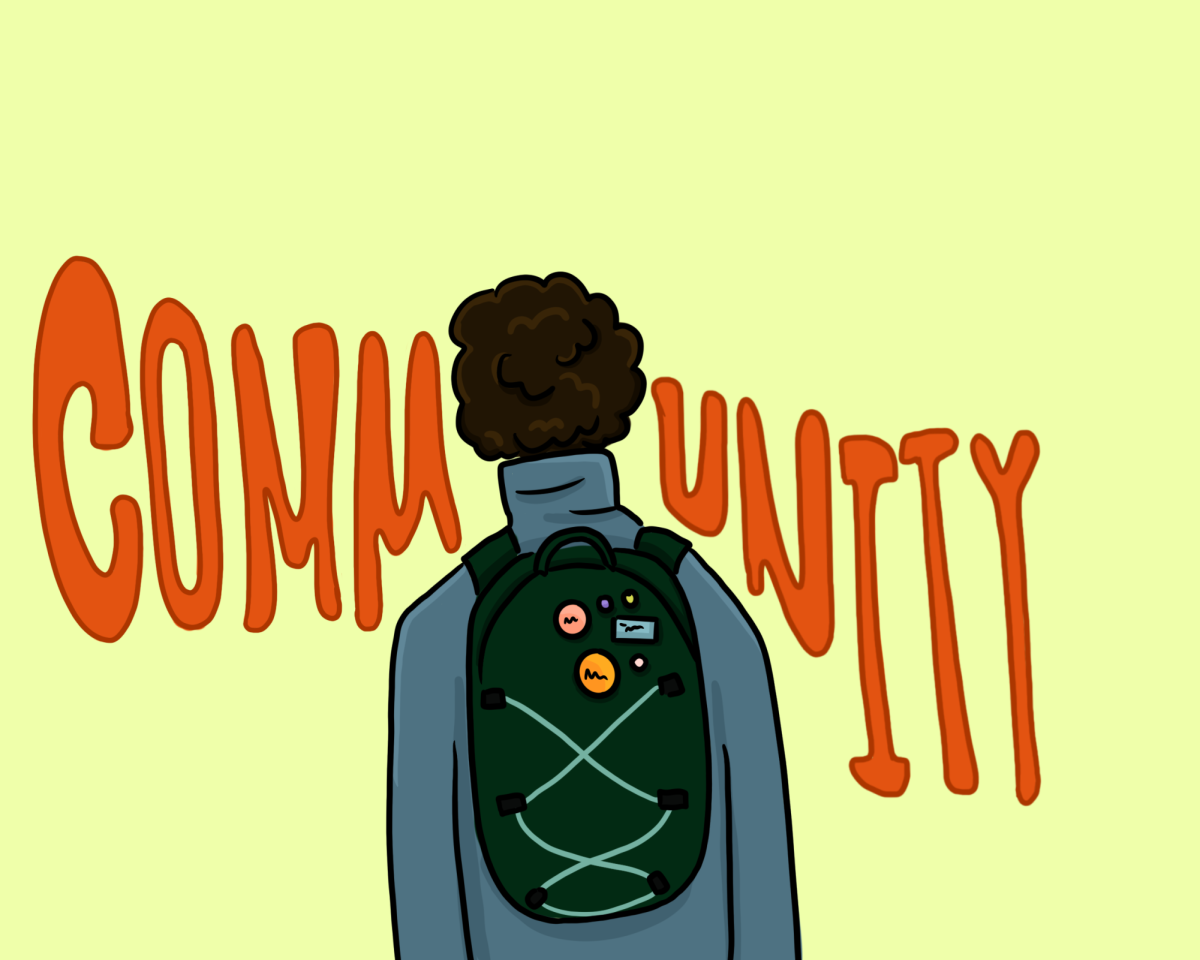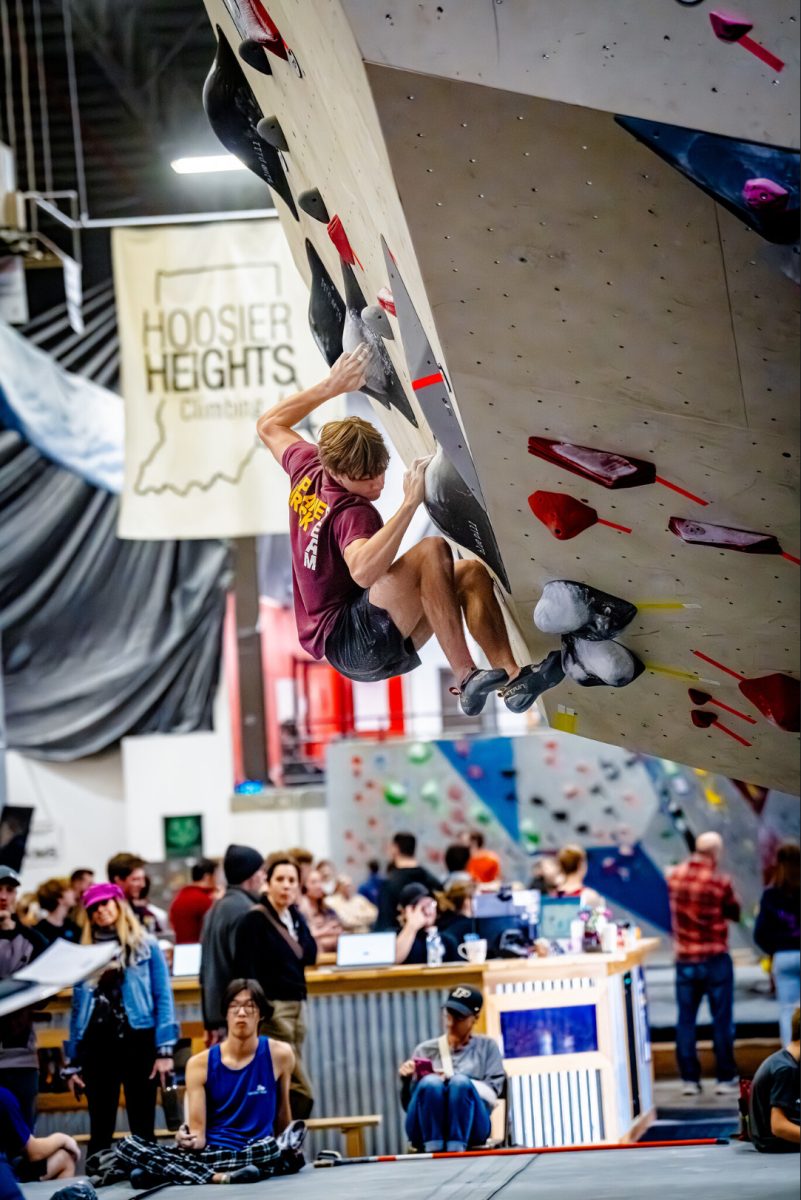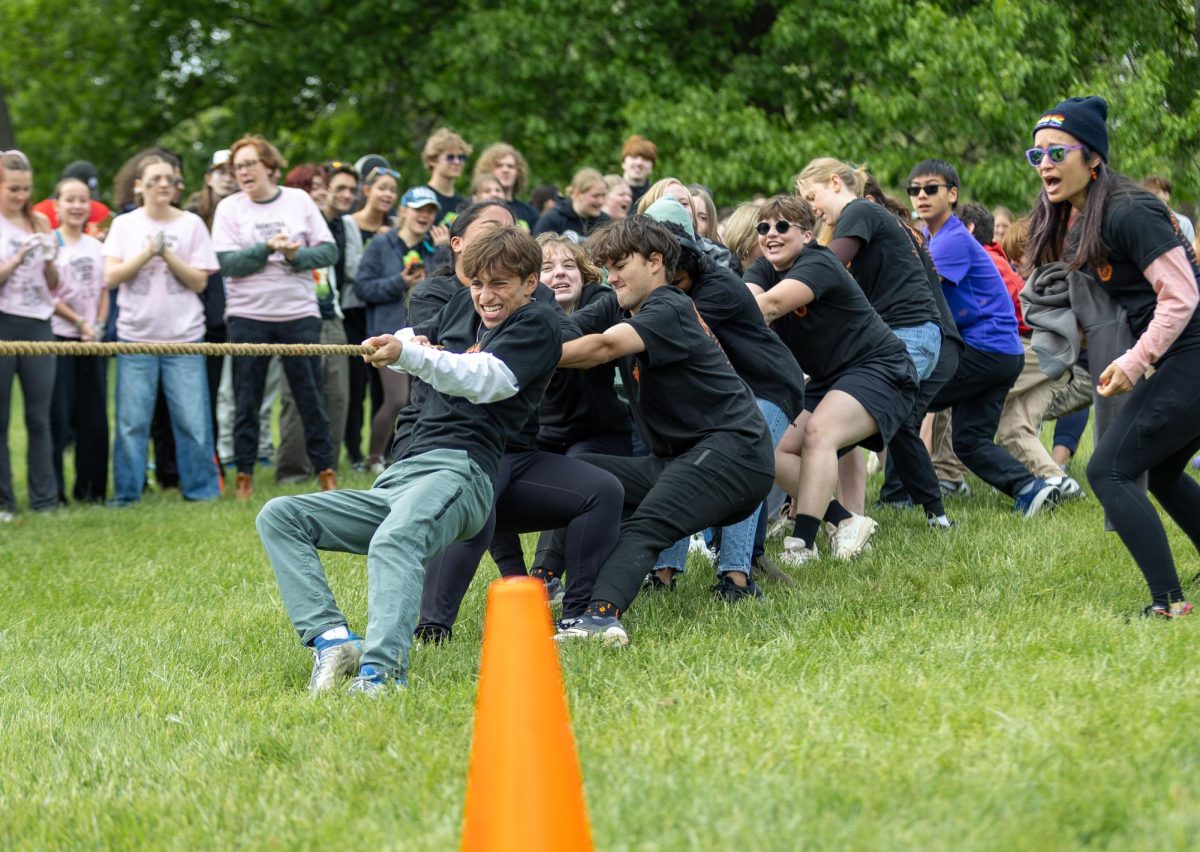6,303 miles. That is the distance separating Kaylie Peters from Japan. But it is her grandmother — her home cooked meals and stories — that ties her to this place and makes it feel less far away.
Peters’ grandmother was born in Tokyo, Japan in the 1940s. After experiencing the horrors of World War II, she left her homeland to pursue her education. In a fairly short time she got her physical therapy degree at Cambridge University, met her husband and moved to the United States.
Though Peters’ grandmother was familiar with moving around, it was in that moment, when the plane’s wheels skidded on an American tarmac, that she knew she was starting a new life — a life in which she would live in several different states, slowly grow her family and settle down in the crowded city of Fort Worth, Texas.
“I can’t imagine what it felt like to move to such a different place,” Peters said. “Especially in the 1960s, in a country that is predominantly white, it would be hard to express yourself. But my Baba pressed on.”
Peters’ grandmother was steadfast in her efforts to preserve her culture. She became a head of the Japanese society in Fort Worth and taught dozens of people in the area how to carry out traditional tea ceremonies. She also taught her children Japanese sayings, prepared bento boxes full of dumplings and sweet egg and told them stories of her time in Japan, never failing to remind them of where they came from.
“She was always trying to integrate the culture,” Peters said. “She wanted her children to know that they were Japanese and that wasn’t something they should ever hide or be ashamed of.”
Years later, her efforts affect a new generation. From the salty nori packed in her lunchbox to the little charms and trinkets hanging off her backpack, Peters is surrounded by Japanese culture. And these things are just a fraction of what Peters’ grandmother has shared with her and her sister over the years.
But that does not prevent Peter from experiencing doubt. Being only a quarter Japanese, Peters worries at times that she cannot claim this culture as her own. Having lived her whole life in the United States and being miles and miles away from Japan, that quarter can start to feel small. But whenever her confidence starts to waver, she knows she can turn to her grandmother.
“She is always teaching my sister and I about Japanese culture,” Peters said. “And even though we might not look like our Japanese relatives, she always makes sure that we feel like we are a part of the family.”
As the two sisters have grown to be more in touch with their Japanese side, they have great enthusiasm for the customs. The pair will enjoy traditional holidays, art and music, and have even learned how to host their own tea ceremonies. But even more valuable than that, the pair enjoys their grandmother’s company.
In all of this time spent with their grandmother, the sisters have found her to be an endless source of inspiration. Acting as a sort of matriarch in their family, the young girls admire her work ethic, her drive and above all her bravery. The bravery it takes to move across the globe, to uproot one’s life and start it anew.
“My Baba is someone that I will forever look up to,” Peters said. “She always encourages people to be themselves and to embrace who they are.”
In her teachings, Peters’ grandmother has done just that. In homemade meals, gifts and tellings of family history she has encouraged her granddaughters to be unapologetically themselves. Over time, Peters has come to understand that within the Polish, German and Scandinavian parts that make up her whole, she belongs in the Japanese part just as much as the others. That she is a puzzle and can find belonging in each and every piece.
Now, with every plate of dumplings and sip of tea, every kimono carefully tied in place and every evening spent listening to stories, Peters’ love for her grandmother grows, the tie with her culture strengthening.










